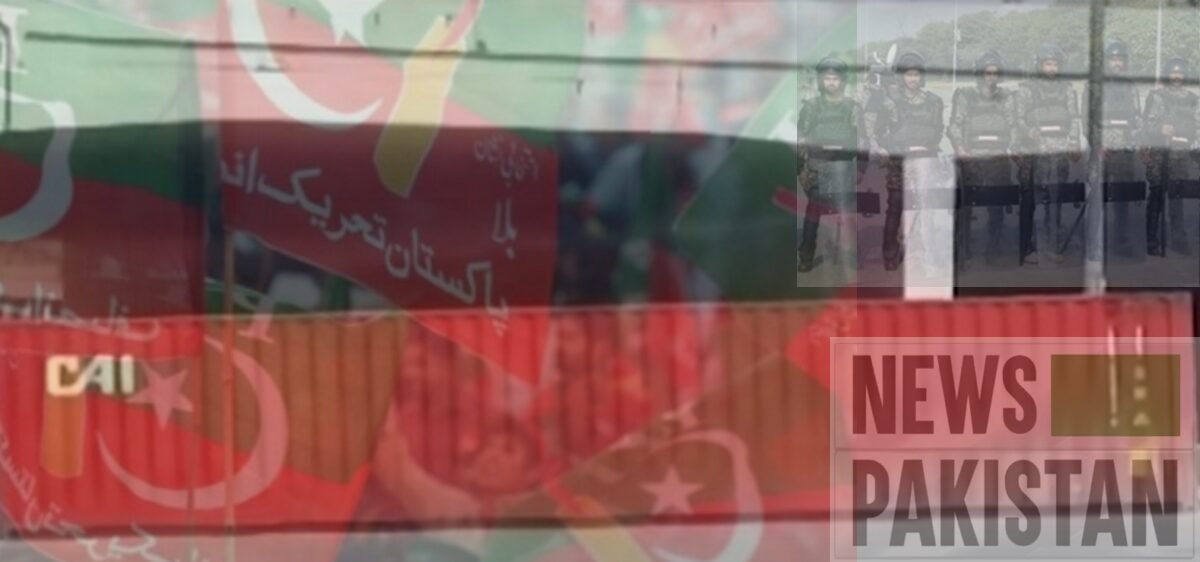KARACHI: This year’s World Press Freedom Day theme “Journalism under digital siege,” spotlights the multiple ways in which journalism is endangered by surveillance and digitally-mediated attacks on journalists, and the consequences of all this on public trust in digital communications.
The latest UNESCO World Trends Report Insights discussion paper “Threats that Silence: Trends in the Safety of Journalists,” highlights how surveillance and hacking are compromising journalism.
Surveillance can expose information gathered by journalists including from whistle-blowers, and violates the principle of source protection, which is universally considered a prerequisite for freedom of the media and is enshrined in UN Resolutions.
Surveillance may also harm the safety of journalists by disclosing sensitive private information, which could be used for arbitrary judicial harassment or attack.
There is a growing global push encouraging more transparency regarding how Internet companies exploit citizens’ data; how that data informs predictive models and artificial intelligence, and enables amplification of disinformation and hatred.
This was underlined in the Windhoek+30 Declaration call for technology companies to “work to ensure transparency in relation to their human and automated systems.”
________________________________________________________________________
Message on the World Press Freedom Day (3rd may, 2022) by the UN Secretary-General. On World Press Freedom Day, we shine a spotlight on the essential work of journalists and other media workers who seek transparency and accountability from those in power, often at great personal risk.
On World Press Freedom Day, we shine a spotlight on the essential work of journalists and other media workers who seek transparency and accountability from those in power, often at great personal risk.
Throughout the Covid-19 pandemic, many media workers have been on the frontlines, providing accurate, science-based reporting to inform decision-makers and save lives. At the same time, journalists who cover climate, biodiversity and pollution have succeeded in bringing global attention to this triple planetary crisis.
But the threats to the freedom of journalists and media workers are growing by the day. From global health to the climate crisis, corruption and human rights abuses, they face increased politicization of their work and attempts to silence them from many sides.
Digital technology has democratized access to information. But it has also created serious challenges.
The business models of many social media platforms are based not on increasing access to accurate reporting, but on increasing engagement – which often means provoking outrage and spreading lies.
Media workers in war zones are threatened not only by bombs and bullets, but by the weapons of falsification and disinformation that accompany modern warfare. They may be attacked as the enemy, accused of espionage, detained, or killed, simply for doing their jobs.
Digital technology also makes censorship even easier. Many journalists and editors around the world are at constant risk of their programmes and reports being taken offline.
And digital technology creates new channels for oppression and abuse. Women journalists are at particular risk of online harassment and violence. UNESCO found that nearly three in four women respondents had experienced online violence. Hacking and illegal surveillance also prevent journalists from doing their jobs.
The methods and tools change, but the goal of discrediting the media and covering up the truth remains the same as ever.
The results are also the same: people and societies that are unable to distinguish fact from fiction, and can be manipulated in horrifying ways.
Without freedom of the press, there are no real democratic societies. Without freedom of the press, there is no freedom.
The United Nations is working to support journalists and media workers everywhere. Ten years ago, we established a Plan of Action on the Safety of Journalists, to protect media workers and end impunity for crimes committed against them.
On World Press Freedom Day, we honor the essential work of the media in speaking truth to power, exposing lies, and building strong, resilient institutions and societies.
We call on governments, media organizations and technology companies everywhere to support these crucial efforts.
_______________________________________________________________________
Federal Minister for Information & Broadcasting Marriyum Aurangzeb took to the Twitter to state: “Ultimate conscience of society is a responsible conscientious free press,their contribution is transparency,accountability &healthy discourse with high standards of ethics and journalism.Our collective duty,to be unified in condemnation of persecution& intimidation of the press”.

Origins and purpose of the Day:
World Press Freedom Day was proclaimed by the UN General Assembly in December 1993, following the recommendation of UNESCO’s General Conference. Since then, 3 May, the anniversary of the Declaration of Windhoek is celebrated worldwide as World Press Freedom Day.
After 30 years, the historic connection made between the freedom to seek, impart and receive information and the public good remains as relevant as it was at the time of its signing. Special commemorations of the 30th anniversary are planned to take place during World Press Freedom Day International Conference.
May 3 acts as a reminder to governments of the need to respect their commitment to press freedom. It is also a day of reflection among media professionals about issues of press freedom and professional ethics. It is an opportunity to:
Celebrate the fundamental principles of press freedom;
Assess the state of press freedom throughout the world;
Defend the media from attacks on their independence; &
Pay tribute to journalists who have lost their lives in the line of duty.
_____________________________________________________________________
World Press Freedom Day 2022 Global Conference:
Organized annually since 1993, the Global Conference provides an opportunity to journalists, civil society representatives, national authorities, academics and the broader public to discuss emerging challenges to press freedom and journalists’ safety, and to work together on identifying solutions.
On 2-5 May 2022, UNESCO and the Republic of Uruguay are hosting the annual World Press Freedom Day Global Conference in a hybrid format in Punta Del Este, Uruguay. Under the theme “Journalism under Digital Siege,” the digital era’s impact on freedom of expression, the safety of journalists, access to information and privacy are to be discussed.
The conference will reunite relevant policymakers, journalists, media representatives, activists, policy makers in Internet companies, cybersecurity managers, AIl researchers and legal experts from around the world to explore the digital era’s impact on freedom of expression and the safety of journalists, media viability and public trust.
Chairman Pakistan People’s Party (PPP) and Foreign Minister of Pakistan: Bilawal Bhutto Zardari said that access of citizens to accurate information is the foundation of a strong democratic society.
According to a statement issued by Media Cell Bilawal House on Wednesday, in his message on World Press Freedom Day, PPP chairman said that the constitution of Pakistan guarantees freedom of the press and the right of citizens to access accurate information. He said that his Party has never been, and never will, compromise on the issue of freedom of speech and writing.
He pointed out that Shaheed Mohtarma Benazir Bhutto, after assuming the office of the Prime Minister for the first time, had abolished the black laws against the media in 1988, which were imposed during the dictatorship. “Recent candid stance against the Prevention of Electronic Crimes Act (PECA) was a manifestation of the PPP’s strict adherence to its ideology and guiding principles,” he maintained.
Bilawal Bhutto Zardari said that the PPP and Pakistan’s journalist fraternity have worked together for the protection of freedom of expression and journalism, which spans over five decades. He expressed concern saying that media workers all over the world are facing difficult situation at present.
He urged the need to ensure the safety of media workers around the world. “On the one hand, access to the Internet and censorship of content is on the rise, and on the other, fake news and hate-mongering propaganda are also on the increase,” he added.
Chairman Bilawal Bhutto Zardari also extended felicitation to journalists all over the world including Pakistan on the International Day.
_______________________________________________________________________
2021

Newspakistan.tv | YouTube Channel










